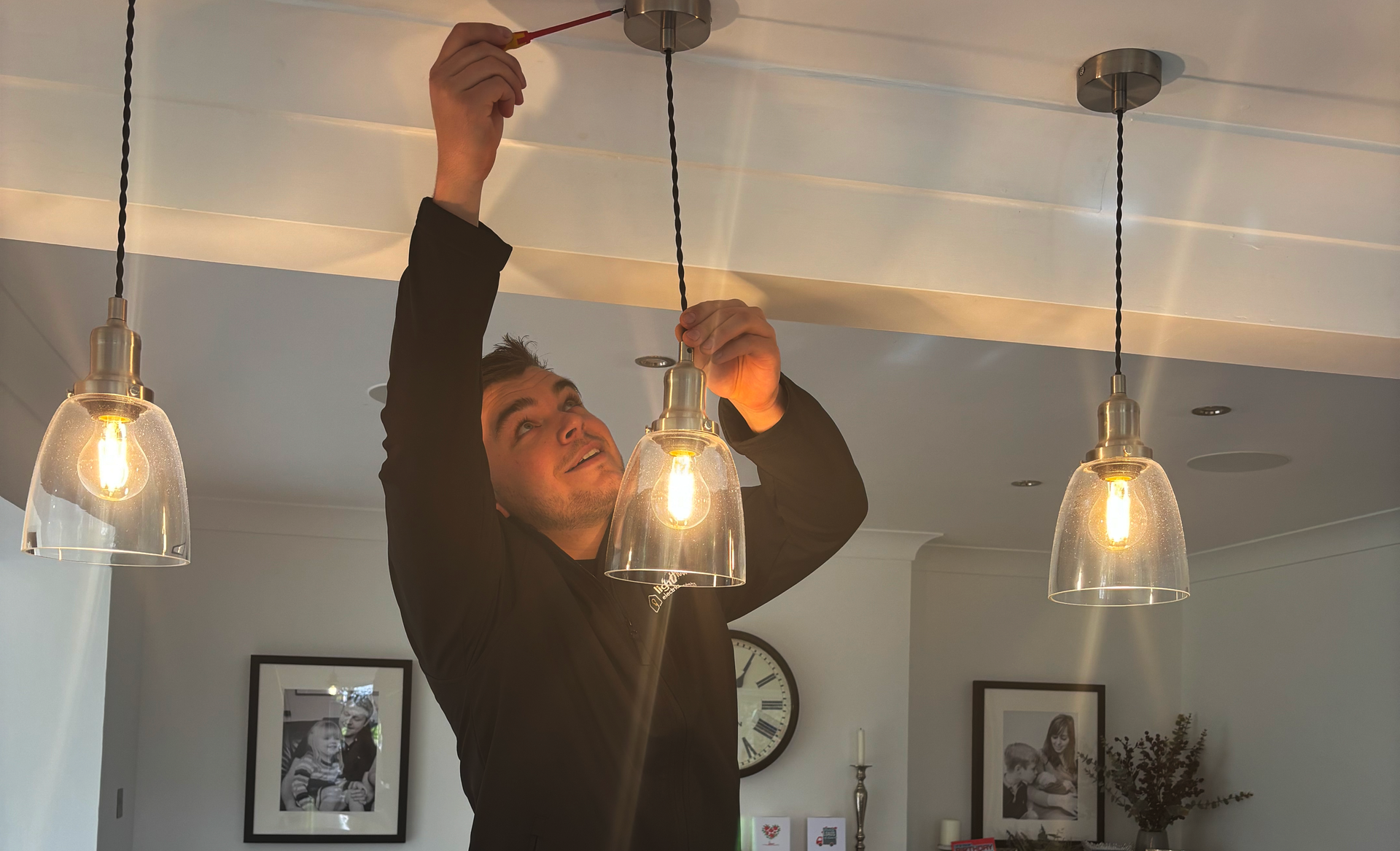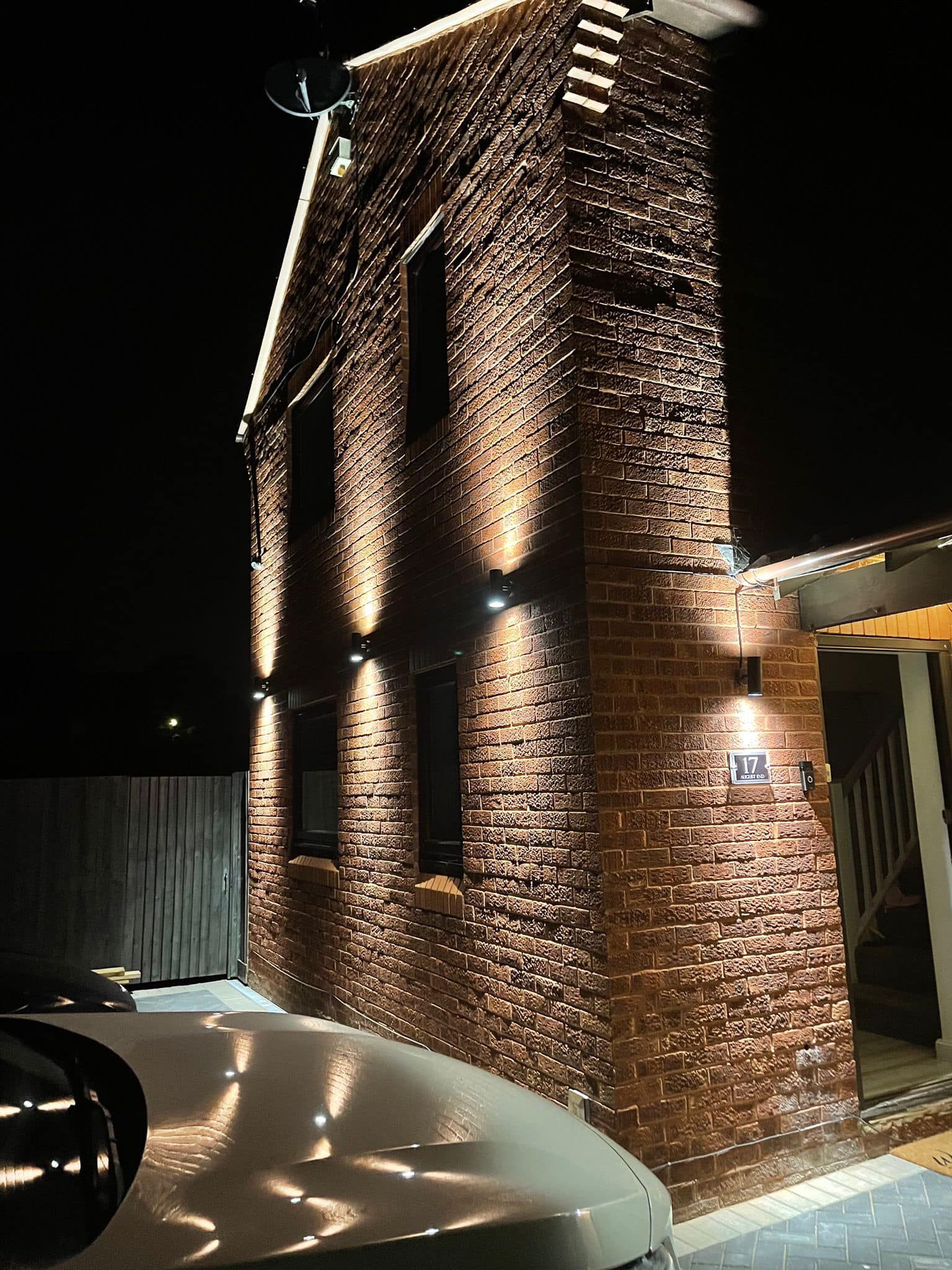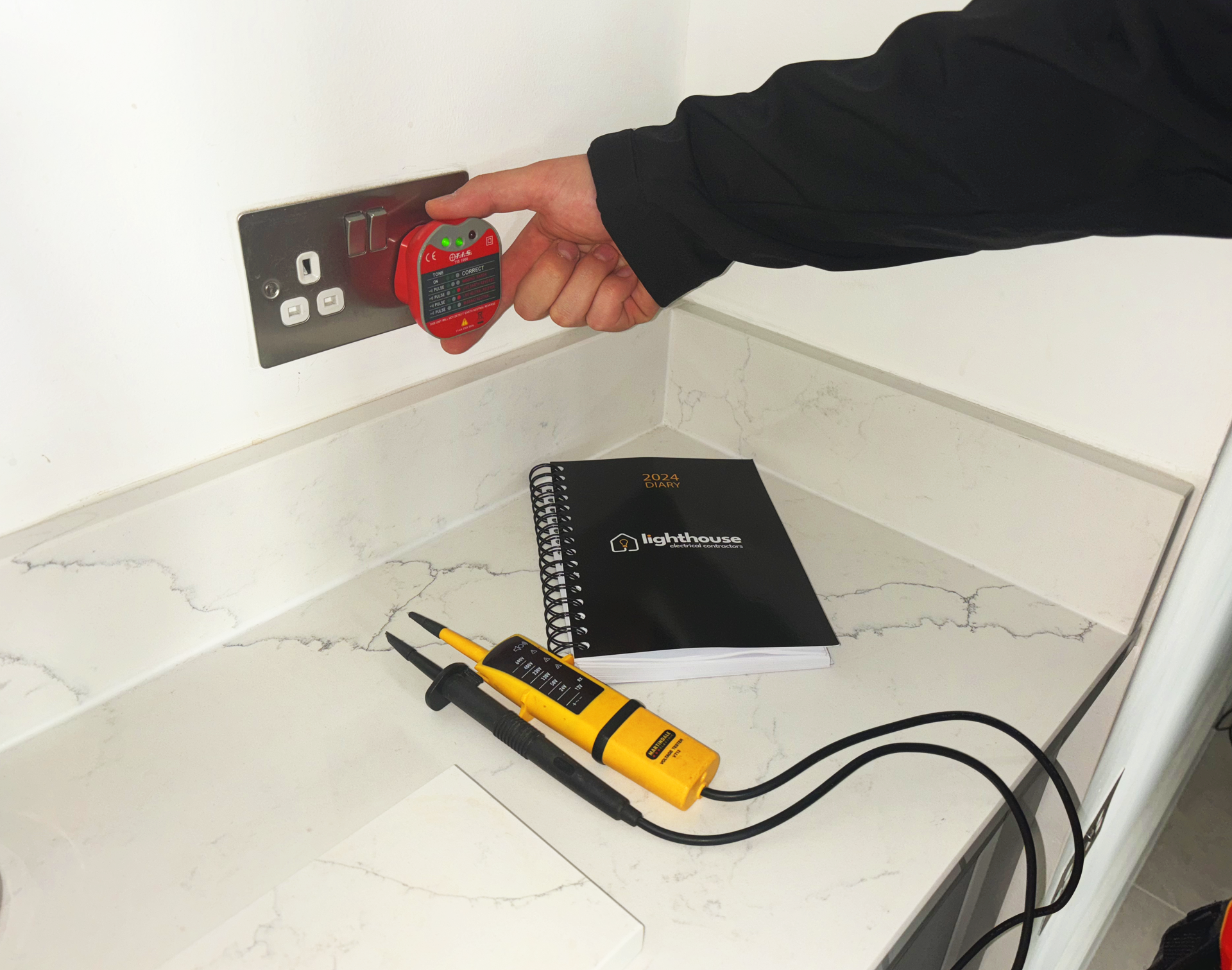Installing an EV Charger at Home: What You Need to Know
With electric vehicles (EVs) becoming more popular across the UK, many homeowners are looking to install EV chargers at home for faster, more convenient charging. If you’ve recently bought an electric car or are planning to, it’s important to understand what’s involved in getting a charger installed.
At Lighthouse Electrical Contractors, we regularly install EV chargers across Berkshire and the surrounding areas. Here’s what you need to know before getting started.
1. Why Install a Home EV Charger?
While you can charge an EV using a standard 3-pin plug, it’s not ideal. It’s slow, inefficient, and not designed for regular high-load charging. A dedicated home EV charger is:
- Much faster (typically 7kW vs 2.4kW from a 3-pin plug)
- Safer for regular use
- More energy efficient
- Often controllable via an app to schedule charging during off-peak times
- Installing a proper charger makes charging your vehicle as simple as plugging in overnight.
2. Is My Home Suitable?
Most homes with off-street parking (like a driveway or garage) are suitable for an EV charger. You'll need:
- A suitable wall or post to mount the charger
- Access to your consumer unit
- Adequate electrical capacity
Before any installation, we carry out a site survey to check your existing electrical system can support a charger safely. If your consumer unit is outdated, we may recommend an upgrade before installation.
3. Choosing the Right Charger
There are a range of EV chargers available in the UK, from simple plug-and-go units to smart chargers that work with solar panels, track your energy use and allow you to control charging from your phone.
We’ll help you choose a charger that suits your vehicle, budget and lifestyle – and we install chargers compatible with all major EV brands.
4. What Does Installation Involve?
Installation usually takes half a day. We:
- Assess and test your electrical system
- Install the charger neatly and safely
- Fully test the unit
- Provide certification and user guidance
All our installations are fully compliant with the latest wiring regulations and come with certification for your peace of mind.
Ready to Go Electric?
If you’re ready to make the switch to electric, make sure your home is ready too. At Lighthouse Electrical Contractors, we offer professional EV charger installations across Berkshire, with expert advice and reliable service.
Contact us today to book a free survey or to discuss your EV charging options.
Contact us












